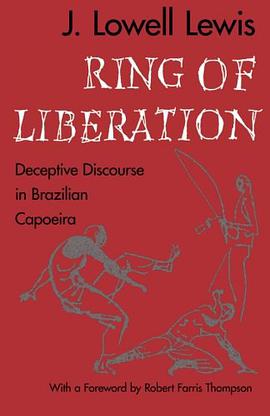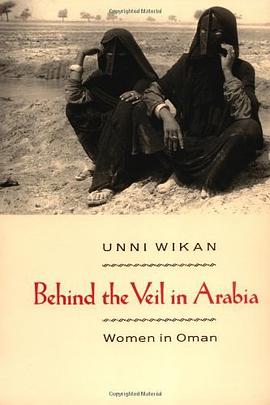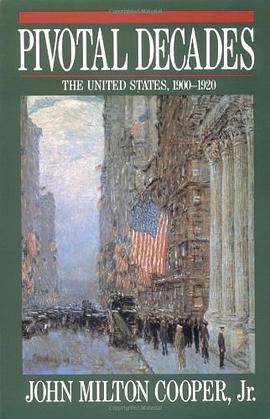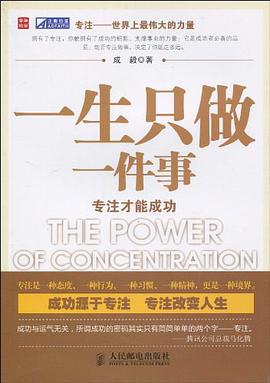

具体描述
Based on eighteen months of intensive participant-observation, "Ring of Liberation" offers both an in-depth description of capoeira--a complex Afro-Brazilian martial art that combines feats of great strength and athleticism with music and poetry--and a pioneering synthetic approach to the analysis of complex cultural performance. Capoeira originated in early slave culture and is practiced widely today by urban Brazilians and others. At once game, sport, mock combat, and ritualized performance, it involves two players who dance and "battle" within a ring of musicians and singers. Stunning physical performances combine with music and poetry in a form as expressive in movement as it is in word. J. Lowell Lewis explores the convergence of form and content in capoeira. The many components and characteristics of this elaborate black art form--for example, competing genre frameworks and the necessary fusion of multiple modes of expression--demand, Lewis feels, to be given "body" as well as "voice." In response, he uses Peircean semiotics and recent work in discourse and performance theory to map the connections between physical, musical, and linguistic play in capoeira and to reflect on the general relations between semiotic systems and the creation and recording of cultural meaning.
作者简介
目录信息
读后感
评分
评分
评分
评分
用户评价
相关图书
本站所有内容均为互联网搜索引擎提供的公开搜索信息,本站不存储任何数据与内容,任何内容与数据均与本站无关,如有需要请联系相关搜索引擎包括但不限于百度,google,bing,sogou 等
© 2026 book.wenda123.org All Rights Reserved. 图书目录大全 版权所有




















